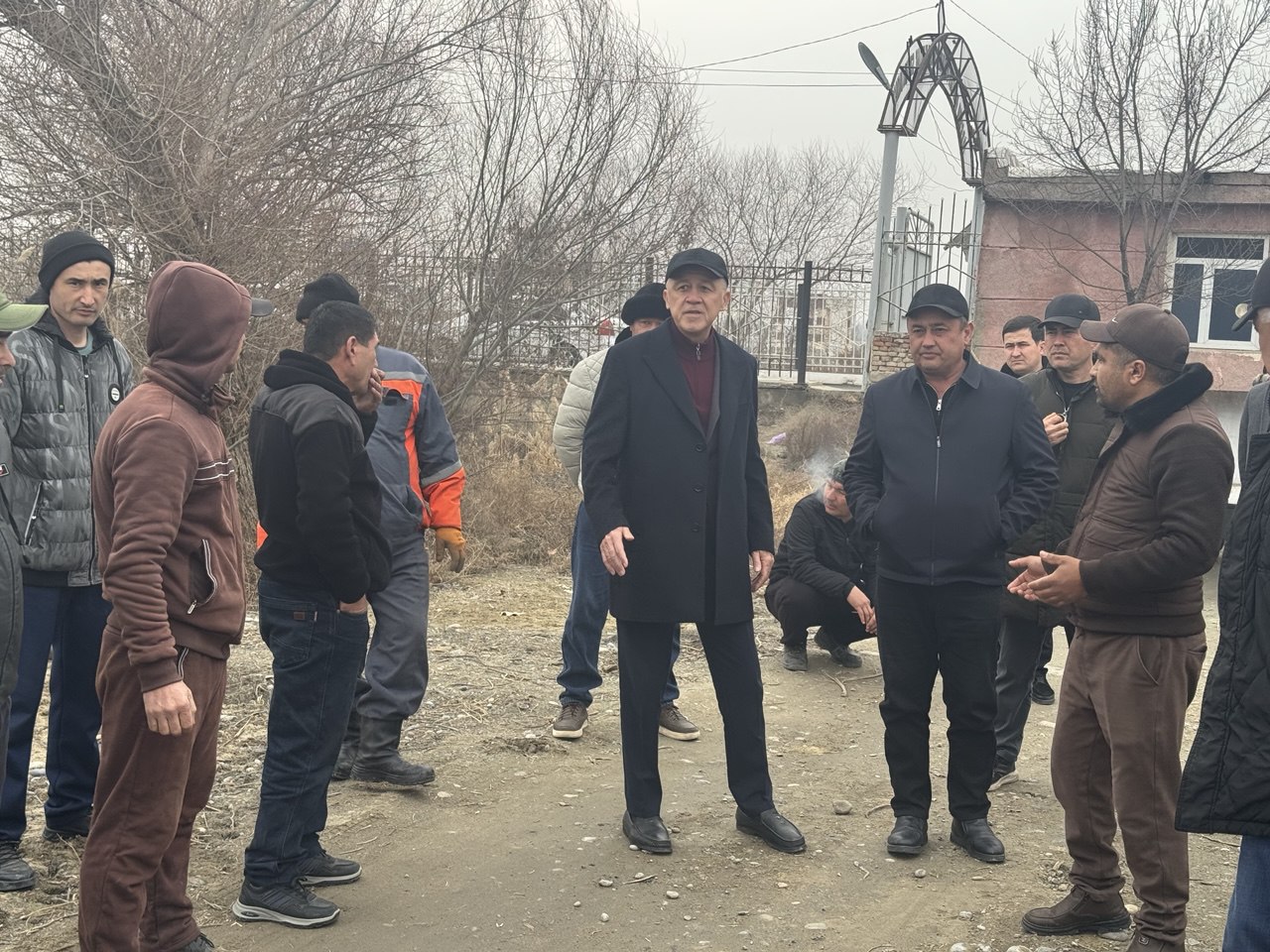This initiative is of paramount importance for making the international organization a more effective and equitable mechanism for solving global issues, as well as for more broadly representing human rights and the interests of states. Only through a stable and efficient international system can real measures be taken against war, poverty, the climate crisis, and inequality.
From the rostrum, the President declared: “Our priority goal is to fundamentally transform the lives of every family and every citizen of our country, to raise the dignity of the individual and prosperity.” This statement demonstrates that the respect for human dignity is the foundation of reforms in the New Uzbekistan. Elevating human dignity is manifested through access to education for children, decent income for families, and ensuring that citizens benefit from justice and legal protection. Creating meaningful changes in each individual’s life is a core mission of a rule-of-law state. Every step made toward elevating human dignity serves the development of society as a whole.
In his address, the President highlighted reforms in the fields of education and healthcare as decisive factors for ensuring human rights. The increase in preschool coverage from 27 % to 78 %, and the rise of youth participation in higher education from 9 % to 42 %, testify to the practical realization of the right to education for every child and youth. At the same time, the introduction of an advanced healthcare system ensures one of the fundamental human rights — the right to a healthy life.
These outcomes have not gone unnoticed by the international community. For instance, Euronews in its reports emphasized: “millions of jobs have been created and education coverage has sharply increased — Uzbekistan’s reforms are showing tangible results in guaranteeing human rights.” The country’s contribution to regional stability and peace is likewise recognized by international sources.
Uzbekistan has also advanced significant international initiatives. Among them is the proposal to host a World Summit on Vocational Education in the country. This summit would facilitate a global exchange of experience among teachers and educators. Through it, the best methodologies and practices of one country could be shared with others. As a result, children and youth would have access to quality, modern education not only within Uzbekistan but globally — strengthening the international dimension of the “right to education.”
In the healthcare domain, the President, by initiative, announced a high-level UN event dedicated to combating childhood cancer and serious diseases. This initiative will bring together physicians and experts from different states, helping to save thousands of children’s lives and ensure their right to a healthy life through global cooperation.
It must be emphasized that human rights primarily imply equal opportunities. Without giving women equal opportunities, true development cannot be imagined. Only in a society where gender equality is ensured will human rights truly become a full reality. In this regard, Uzbekistan has achieved notable results: the number of women accessing higher education has significantly increased; their participation in state governance and political life has grown markedly. In Parliament and local councils, women’s representation continues to expand, and women achieve weighty results in entrepreneurship and leadership. State programs and various grants aimed at supporting women have enabled thousands of them to start businesses and make meaningful contributions to their families and society.
The President also underscored that gender policy is not only a matter of social justice but a key benchmark of development.
Environmental issues were likewise raised as relevant to human rights. The President advanced large-scale programs to restore the ecosystem of the Aral Sea region and to promote sustainable use of water resources. In particular, millions of seedlings have been planted on the dried seabed of the Aral Sea, and by 2030 it is planned that up to 80 % of this territory will be covered with greenery — a measure positively received by the international community.
Through this initiative, another vital component of human rights is advanced — the right to live in a healthy environment. Nature and human life are inherently intertwined: as the environment weakens, human health and quality of life become threatened.
When discussing human rights, the issue of peace is elevated to a top priority. In his address, the President expressed concern about conflict-affected regions like Afghanistan, Ukraine, and Gaza, where human rights are under severe threat. He emphasised that in areas where blood is shed, it is impossible to speak of freedom and justice.
Every concept voiced by the President attests to Uzbekistan’s commitment to human rights and its readiness for global solidarity. His emphasis on human dignity, the reforms in education and healthcare, steps toward gender equality, ecological and peace initiatives clearly reflect Uzbekistan’s new political stance — accountable to its citizens and actively engaged in seeking solutions to global challenges. For this reason, every call from the United Nations podium resonated as pride for our people and as a symbol of trust for the international community.
Feruza ESHMATOVA,
Commissioner of the Oliy Majlis of the Republic of Uzbekistan for Human Rights (Ombudsman)























